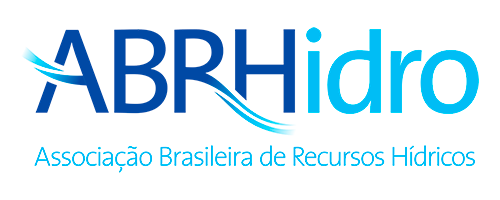ICFM6 - International Conference On Flood Management
Data: 17/09/2014 à 19/09/2014
Local: São Paulo - Brazil
Modelling the Engagement of Local Citizen-Observatory at Risk of Flooding by Using Agent-Based Modelling (PAP014739)
Código
PAP014739
Autores
Tema
Flood resilient societies through community preparedness
Resumo
Christophe Viavattene, Simon McCarthy, Uta Wehn de Montalvo, Vitaveska Lanfranchi The challenge of effectively managing our local environments and living safely in them is enhanced not only with a good appreciation of that environment but also engagement with and between relevant stakeholders. The environment is dynamic and developing but so are our technical abilities to both monitor and communicate about that environment. The EC FP7 WeSenseIt project aims to develop local 'citizen observatories' in the UK, Italy and the Netherlands to strengthen water governance and increase community resilience to floods. By bringing together innovative low-cost sensor systems, social networks via social media and mobile devices and relevant professional and citizen stakeholders it will test if such an observatory is viable and if it encourages engagement with the water environment and leads to more informed decision making. Agent Based Modelling (ABM) has attracted a growing interest and has successfully been applied in various contexts over the last decades for example in understanding human land use change, commercial buying behaviour and emergency response. However, an understanding of how agent behaviour changes in terms of being generators and users of information within a network remains marginal. WeSenseIt provides that opportunity. This paper specifically focuses on the development of agent-based modelling that aims at simulating how the citizen-at-flood-risk function" switches from consumer of information to contributor of information. The information takes the form of observed and reported river status (e.g. mobile app and online platform for modelling purpose). It is that information that can act as a trigger for a citizen to become a contributor (and vice-versa). Yet other factors need to be considered such as the number of citizens, specific citizen characteristics (such as their current behaviour, their risk of flooding, flood experience, life stage .) and the sensor output characteristics (nature, location, numbers, accessibility.). In order to develop the ABM rules and to define the characteristics of the different elements of the model a series of interviews have been conducted amongst participating citizens. The resulting analysis of the first round of interviews is presented in the paper, as well as their transfer into the agent based model algorithm. The paper further discusses remaining issues revealed by the on-going research such as the constraints and overcoming limitations on obtaining relevant data and how other rounds of interview will further support improvement of the model rules."

